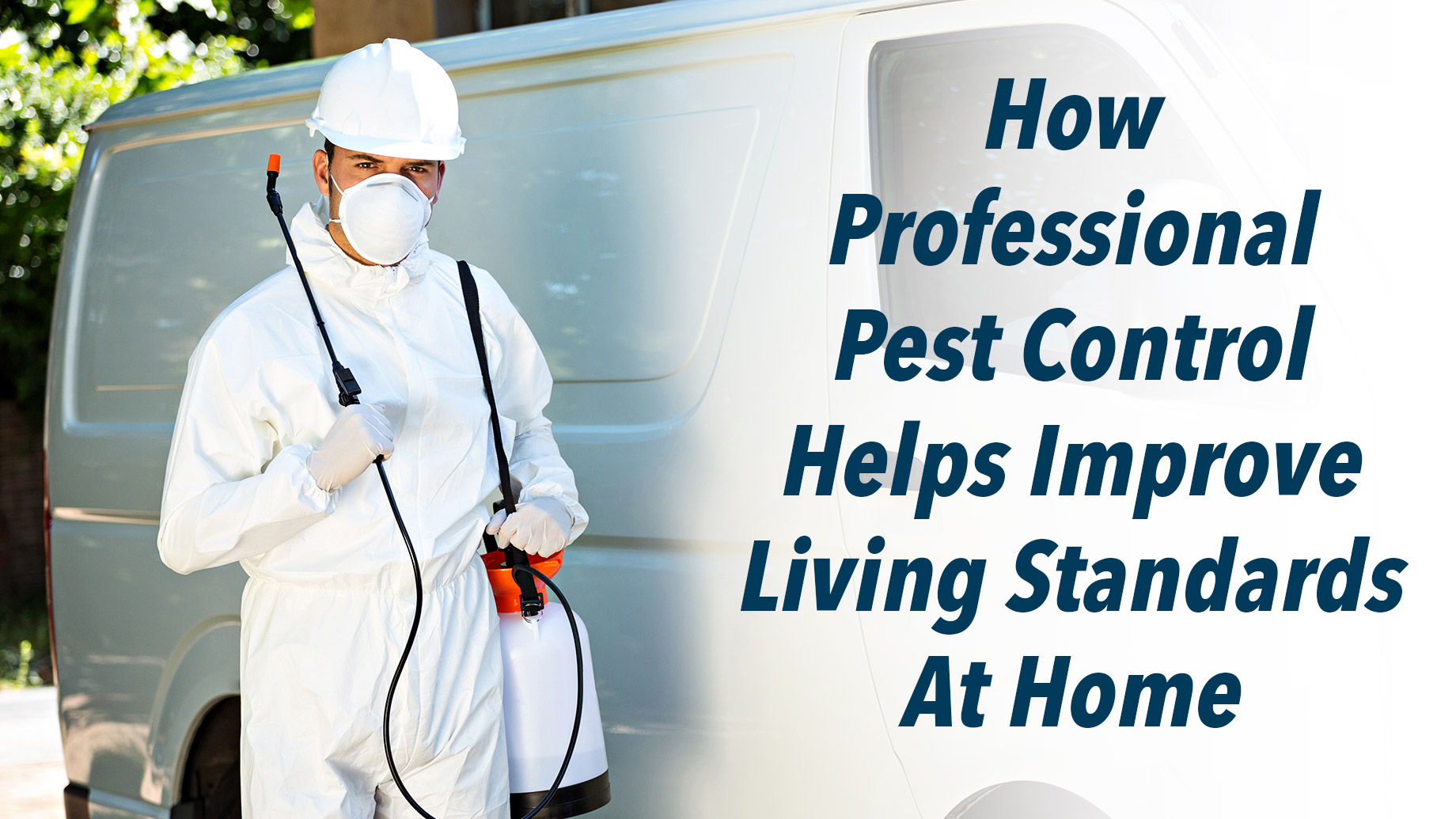Understanding the Numerous Strategies to Parasite Control: A Comprehensive Guide

Natural Insect Control Techniques
Utilizing eco-friendly strategies such as companion growing and biological bug control is crucial for successfully managing parasites in farming settings. Companion planting involves growing various crops in proximity to hinder bugs, boost nutrient uptake, and enhance overall crop wellness. For instance, planting marigolds alongside tomatoes can help ward off nematodes. Intercropping maize with beans can interrupt the breeding patterns of parasites like corn borers.
Organic insect control includes presenting all-natural predators or virus to control pest populaces. Ladybugs, for circumstances, feed upon aphids, managing their numbers without the need for chemical pesticides. An additional instance is the usage of Bacillus thuringiensis (Bt), a bacterium that targets details insect pests while being safe to human beings, pets, and valuable bugs.
These eco-friendly approaches not just lower the reliance on artificial pesticides yet also assist preserve biodiversity and dirt health and wellness. By including natural pest control approaches into farming methods, farmers can achieve lasting pest monitoring while reducing negative effect on the atmosphere.

Chemical Bug Control Solutions
In enhancement to natural parasite control techniques, the use of chemical pest control services plays a considerable function in successfully taking care of pest populaces in agricultural settings. Chemical pest control solutions are created to target specific insects that might cause extensive damage to plants. These remedies commonly contain synthetic chemicals that are designed to get rid of insects quickly and effectively.
Among the crucial benefits of chemical bug control remedies is their performance in managing parasite invasions on a huge scale. Farmers can use these options making use of various techniques such as spraying, airing out, or seed therapy to shield their plants from damaging bugs, weeds, and diseases. In addition, chemical pest control options are reasonably very easy to apply and can offer rapid results, aiding farmers safeguard their yields and reduce financial losses.
Nonetheless, it is important to utilize chemical insect control remedies judiciously to decrease potential adverse influence on the setting, non-target microorganisms, and human health. Proper application strategies, adherence to safety and security guidelines, and routine surveillance are critical to guarantee the liable use chemical parasite control options in agricultural practices.
Organic Bug Control Approaches
Biological parasite control comes close to take advantage of natural predators or microorganisms to manage bug populations in farming setups properly. One typical biological control method is the introduction of all-natural adversaries, such as ladybugs or parasitical wasps, to target certain bugs.
Another biological control approach includes making use of virus like fungis, microorganisms, or infections to infect and kill pests. Generally, biological insect control methods offer a lasting and targeted remedy to pest monitoring in agriculture.
Integrated Parasite Management (IPM)
Integrated Insect Administration (IPM) is a comprehensive strategy that incorporates numerous parasite control methods to properly take care of and lessen pest populaces in agricultural systems. IPM concentrates on long-lasting avoidance of pests via a mix of organic, social, physical, and chemical control approaches. By incorporating these various techniques, IPM intends to minimize reliance on chemical pesticides, reduce environmental impact, and promote sustainable pest management practices.
One key aspect of IPM is using organic controls such as natural killers, bloodsuckers, and microorganisms to regulate bug populaces. This technique useful reference harnesses the power of nature to keep an equilibrium in between pests and their natural enemies without triggering injury to the atmosphere.
Additionally, IPM includes cultural methods like crop environment, turning, and hygiene manipulation to create negative conditions for pests and disrupt their life cycles. Physical controls such as traps, obstacles, and mulches are likewise made use of to stop bug infestations.
Mechanical and Physical Pest Control Techniques
Using non-chemical techniques, such as physical and mechanical parasite control techniques, is a crucial element of thorough parasite monitoring methods, developing upon the structure of Integrated Parasite Monitoring's alternative method. Mechanical pest control entails making use of physical barriers or catches to stop insects from accessing and harming plants or frameworks. This method can consist of methods like installing displays on windows, making use of row covers in agriculture, or using sticky traps to capture bugs.
Physical parasite control techniques, on the other hand, concentrate on directly removing bugs through physical methods. For instance, making use of warm therapies to get rid of bed insects or vacuuming up pests like ants or crawlers can be efficient means to manage problems without the use of chemicals. By incorporating these physical and mechanical pest control techniques right into an Integrated Pest Administration strategy, specialists and people can decrease dependence on chemicals while still efficiently reducing and handling pest populaces damages.
Conclusion

In addition to all-natural parasite control approaches, the usage of chemical pest control remedies plays a considerable role in properly handling Click Here pest populations in farming environments.One of the vital advantages of chemical parasite control solutions is their performance in controlling parasite invasions on a huge scale.Integrated Parasite Administration (IPM) is a comprehensive technique that combines numerous pest control approaches to properly handle my sources and decrease pest populations in farming systems.Utilizing non-chemical techniques, such as physical and mechanical insect control strategies, is a vital facet of extensive parasite management techniques, constructing upon the foundation of Integrated Bug Monitoring's holistic technique. By including these mechanical and physical bug control strategies right into an Integrated Insect Administration strategy, people and experts can decrease reliance on chemicals while still properly managing pest populations and lessening damage.
Comments on “Comprehensive Pest Control Clovis Solutions for Every Need”